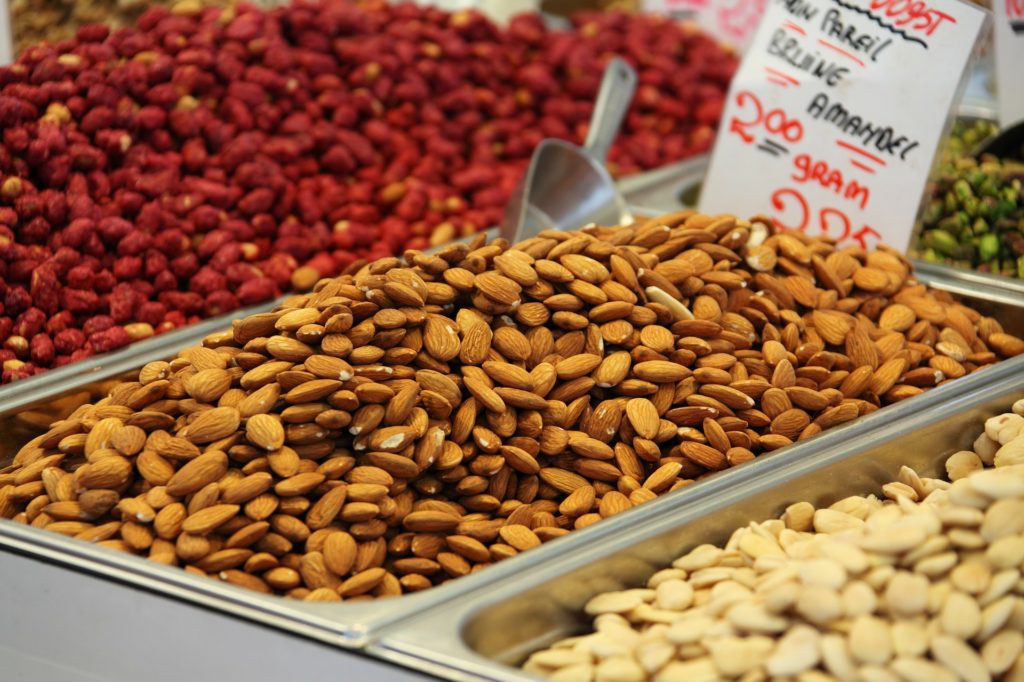✓ Peanuts: Officially a legume, heart-healthy peanuts are a good source of
monounsaturated fat, antioxidants, phytosterols, phytic acid, and folic acid. Peanuts also are a good source of vitamin
B3 (niacin), folate, copper, manganese, and protein, and they’re a
significant source of resveratrol, which is being studied for its anti-aging
effects. Peanuts and peanut butter also may help prevent gallstones
and protect against Alzheimer’s disease. Always store your raw peanuts
and peanut butter in the freezer or refrigerator, respectively, to prevent
mold.
✓ Pepitas/pumpkin seeds: Pumpkin seeds are a good source of the essential
fatty acids, copper, iron, potassium, phosphorous, magnesium,
manganese, zinc, protein, and vitamin K. These little green seeds may
promote prostate and bone health and offer anti-inflammatory benefits.
✓ Sesame seeds: Sesame seeds and tahini, or sesame butter, are rich in
beneficial minerals. Tahini is a good source of manganese, copper, and
calcium. Good for lowering cholesterol, sesame seeds also are recommended
for rheumatoid arthritis.
To really gain access to sesame seeds’ benefits, it’s best to grind or
smash them before eating. Tahini already is ground into a paste, and
therefore, it’s an easy way to eat sesame’s goodness.
✓ Sunflower seeds: Offering anti-inflammatory and cardiovascular benefits,
sunflower seeds lower cholesterol and help to prevent cancer. A
good source of vitamin E, sunflower seeds also provide linoleic acid (an
essential fatty acid), fiber, protein, and minerals such as magnesium and
selenium.
✓ Walnuts: Walnuts are an excellent source of omega-3 essential fatty
acids, manganese, and copper. Good for cardiovascular health and lowering
cholesterol, walnuts also help brain function.







